You have not yet added any article to your bookmarks!

Join 10k+ people to get notified about new posts, news and tips.
Do not worry we don't spam!
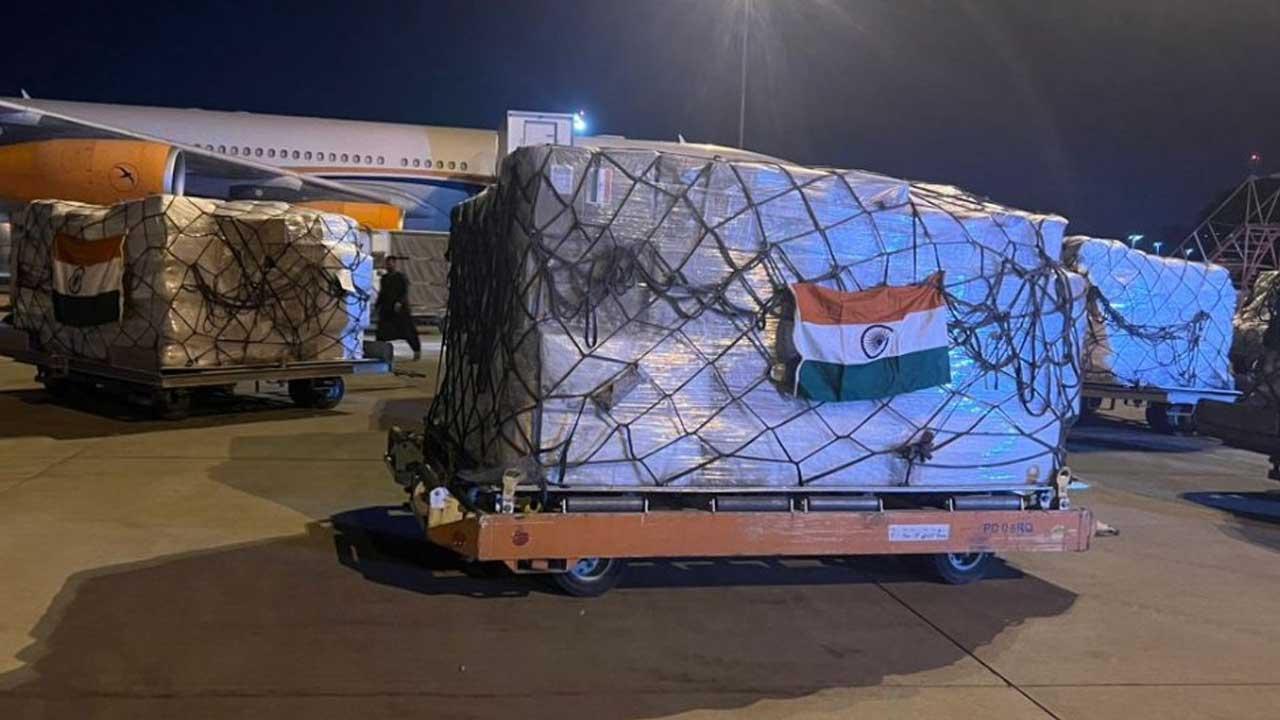
Post by : Rameen Ariff
Photo : X
India – In a compassionate and swift response to the tragic earthquake that struck eastern Afghanistan late on Sunday, India has sent 21 tonnes of emergency relief supplies to help those affected by the natural disaster. The earthquake, which measured 6.0 on the Richter scale, left a trail of devastation across several provinces, killing over 1,400 people and injuring more than 2,500. Families have been displaced, homes destroyed, and essential services disrupted, creating a humanitarian crisis in the region.
Delivery of Aid and Materials
The Indian government acted promptly to send crucial relief materials to Afghanistan. On Tuesday, a shipment of 21 tonnes of emergency supplies was airlifted to Kabul. The cargo included blankets, tents, hygiene kits, water storage tanks, portable water purifiers, kitchen utensils, sleeping bags, essential medicines, wheelchairs, hand sanitizers, water purification tablets, generators, and other medical consumables.
External Affairs Minister S. Jaishankar confirmed the delivery on social media, saying, “Indian earthquake assistance reaches Kabul by air.” He also assured that India would continue monitoring the situation closely and provide additional humanitarian aid in the coming days as needed.
Prime Minister Narendra Modi had earlier expressed India’s commitment to helping Afghanistan in this hour of need. Speaking on Monday, he stated that India stands ready to provide full humanitarian assistance to the earthquake-affected population. His message reflected India’s dedication to regional support and its role as a responsible neighbor in times of crisis.
Impact of the Earthquake
The earthquake struck several provinces in eastern Afghanistan, an area known for its rugged terrain and remote villages. The tremor caused widespread destruction, flattening homes, damaging infrastructure, and disrupting essential services. Hospitals and medical facilities were quickly overwhelmed with thousands of injured individuals requiring urgent treatment. Many people were trapped under debris, and rescue teams worked tirelessly to save lives.
The quake has left thousands of families without shelter, clean water, and access to food. Emergency aid, such as tents, blankets, and water purifiers, is critical for survival, especially with harsh weather conditions approaching. The lack of basic sanitation also increases the risk of disease outbreaks, making timely humanitarian assistance all the more urgent.
Role of Indian Humanitarian Aid
India’s relief package is designed to address immediate needs and support ongoing rescue and recovery operations. The tents and blankets will provide temporary shelter for displaced families, helping them survive in the absence of homes. Hygiene kits and medical supplies are crucial to prevent the spread of diseases and treat injuries sustained during the earthquake.
The water storage tanks and portable water purifiers included in the shipment are particularly important for ensuring access to safe drinking water. In disaster-hit areas, contamination of water supplies is a common problem, and these supplies will help prevent waterborne diseases. Generators included in the shipment will support hospitals and medical centers in maintaining electricity, which is critical for operating medical equipment and providing essential services.
Indian Government’s Swift Action
The Indian government’s response to the disaster highlights its commitment to regional humanitarian efforts. The decision to send aid immediately after the earthquake reflects India’s understanding of the urgent needs of the affected population and its ability to mobilize resources quickly.
Officials have stated that India is closely monitoring the situation and coordinating with Afghan authorities and humanitarian organizations on the ground to ensure that the aid reaches the most affected communities efficiently. The collaboration between Indian authorities, Afghan officials, and local organizations ensures that relief efforts are well-targeted and timely.
Significance of India’s Assistance
India’s prompt action sends a strong message of solidarity and compassion to the people of Afghanistan. The assistance is not only aimed at providing immediate relief but also at supporting long-term recovery. By delivering essential supplies quickly, India helps reduce the suffering of affected families and strengthens the capacity of local authorities to manage the crisis effectively.
The aid also reflects India’s larger commitment to regional cooperation and humanitarian principles. Providing assistance to a neighboring country in distress demonstrates India’s role as a responsible and compassionate neighbor in South Asia. It is an example of how nations can come together to support each other during times of natural disasters.
Challenges in Disaster Response
Delivering humanitarian aid in Afghanistan is not without challenges. The affected regions include remote and mountainous areas, making transportation of supplies difficult. Road access may be limited due to landslides, debris, or damaged infrastructure. In such situations, airlifting supplies becomes the most efficient way to reach those in urgent need.
The harsh weather conditions in the region further complicate relief efforts. With cold temperatures and the potential for rain or snow, providing adequate shelter and warmth to displaced families is critical. India’s shipment of tents, blankets, and sleeping bags addresses these immediate needs and helps reduce the risk of hypothermia and other weather-related health issues.
Coordination with Afghan Authorities
Indian officials are working closely with Afghan authorities to ensure that the aid reaches the most vulnerable communities. Coordination includes identifying the areas most affected by the earthquake, prioritizing supplies based on urgency, and ensuring that relief reaches families without delay.
Local authorities play a vital role in organizing distribution centers, managing logistics, and assisting families in need. Indian assistance complements the efforts of Afghan rescue teams and local humanitarian organizations, creating a coordinated and efficient response to the crisis.
Focus on Health and Sanitation
One of the key aspects of India’s aid is the focus on health and sanitation. Hygiene kits, hand sanitizers, water purification tablets, and medical consumables are essential for preventing the outbreak of diseases in disaster-hit areas. Earthquakes often lead to contamination of water sources, and displaced populations living in crowded shelters are particularly vulnerable to infectious diseases.
By including these critical supplies, India ensures that affected families can maintain basic hygiene, access clean water, and receive medical attention. This approach not only addresses immediate health needs but also contributes to long-term recovery and resilience.
Supporting Vulnerable Populations
The earthquake has affected thousands of families, including children, elderly individuals, and those with disabilities. India’s aid package includes items specifically designed to support vulnerable populations, such as wheelchairs and medical consumables.
These measures ensure that all members of affected communities, including those with special needs, can receive appropriate support during the recovery process. By addressing the unique needs of vulnerable groups, India’s assistance is more inclusive and effective.
Long-Term Recovery Efforts
While the immediate priority is to provide emergency relief, long-term recovery will require sustained support. Reconstruction of homes, rehabilitation of infrastructure, and restoration of essential services will be necessary to help affected communities return to normal life.
India’s assistance marks the first step in a broader effort to support Afghanistan in the aftermath of the earthquake. Continued monitoring of the situation and potential future shipments of aid will help ensure that recovery efforts remain on track and that affected families can rebuild their lives.
Humanitarian Values and Regional Cooperation
India’s response to the Afghanistan earthquake is guided by humanitarian values and a spirit of regional cooperation. Providing timely assistance to neighbors in need reflects a commitment to compassion, solidarity, and responsibility.
Such actions strengthen diplomatic and cultural ties between countries and foster goodwill among communities. India’s assistance is not only practical but also symbolic, showing that nations can stand together in times of crisis.
Prime Minister Narendra Modi’s Support
Prime Minister Narendra Modi’s call for immediate humanitarian aid demonstrates India’s leadership in regional disaster response. By mobilizing resources and coordinating relief efforts, India sets an example of proactive governance and international support. The Prime Minister’s assurance that India will provide all possible aid reflects the nation’s dedication to saving lives and alleviating suffering.
The earthquake in eastern Afghanistan has caused immense human suffering, leaving thousands injured, homeless, and in need of urgent support. India’s rapid response, delivering 21 tonnes of essential relief materials, underscores the country’s commitment to humanitarian assistance and regional solidarity.
By providing tents, blankets, medical supplies, water purifiers, and other essential items, India helps ensure the survival and well-being of those affected. The efforts also highlight the importance of timely and coordinated disaster response, as well as the role of regional cooperation in addressing human crises.
As relief operations continue, India’s support will play a vital role in helping Afghanistan recover from this tragedy. The prompt action, thoughtful selection of supplies, and collaboration with local authorities exemplify effective disaster management and the power of humanitarian aid to save lives and restore hope
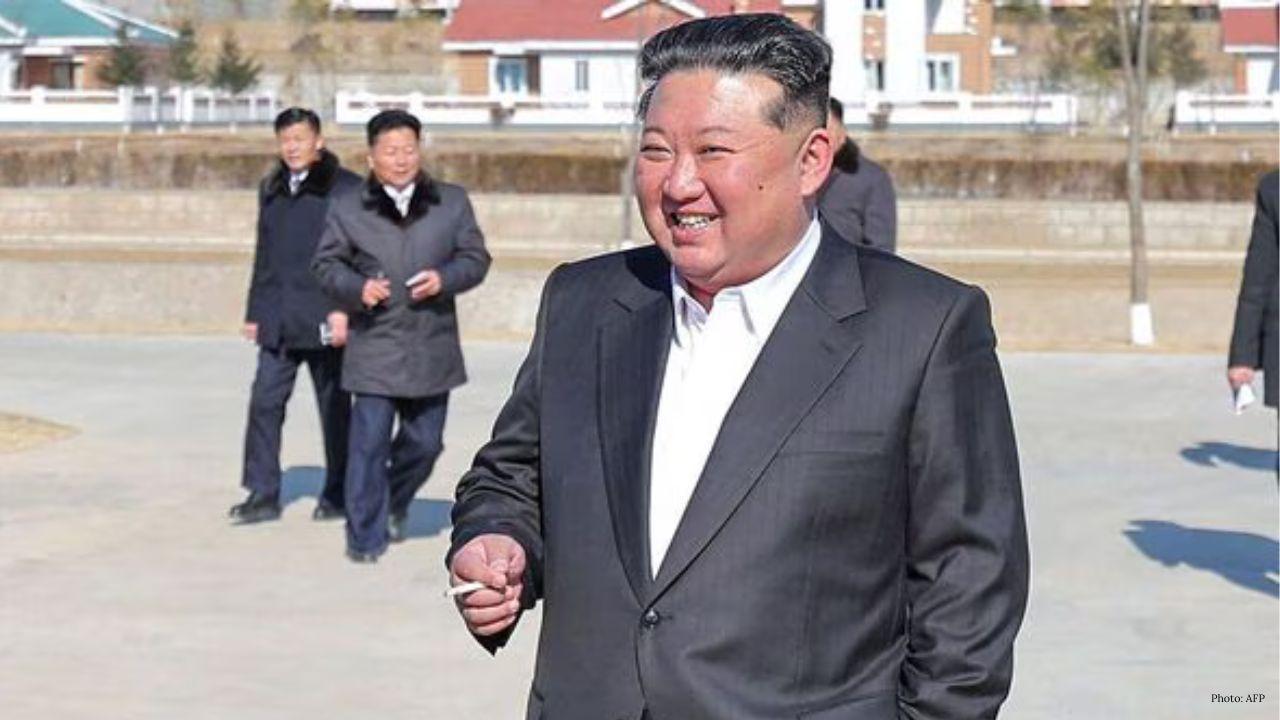

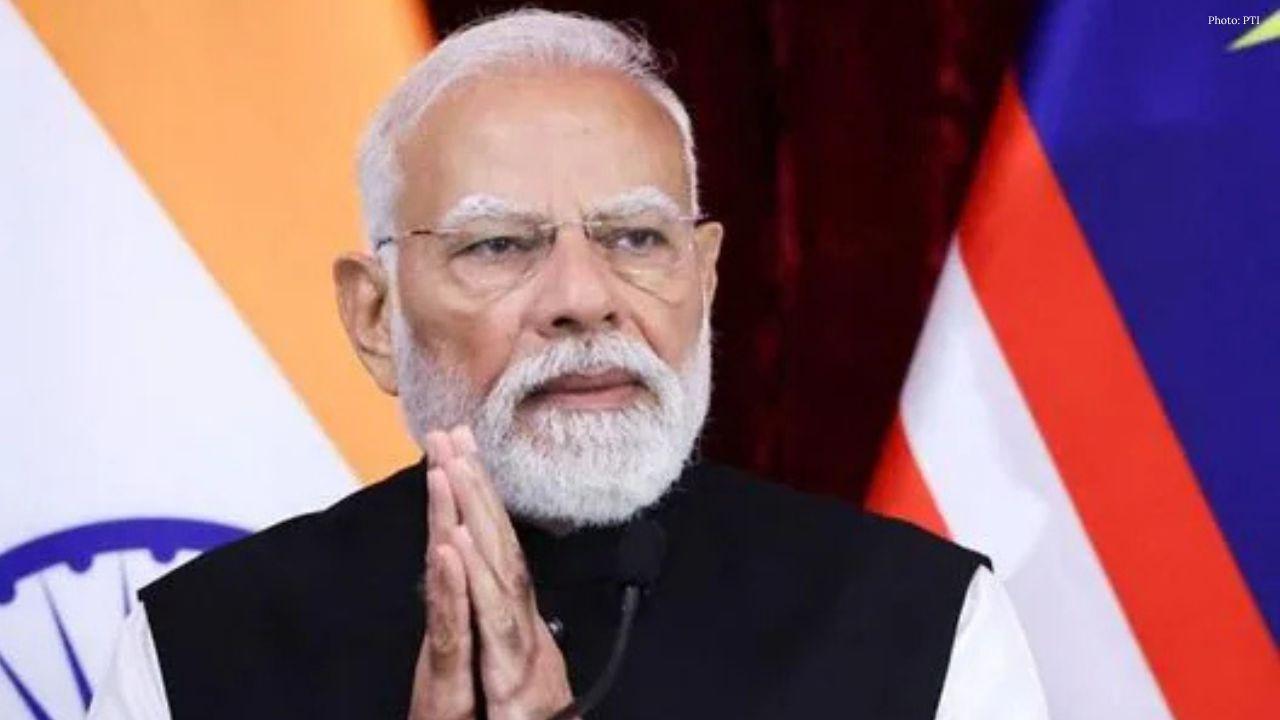



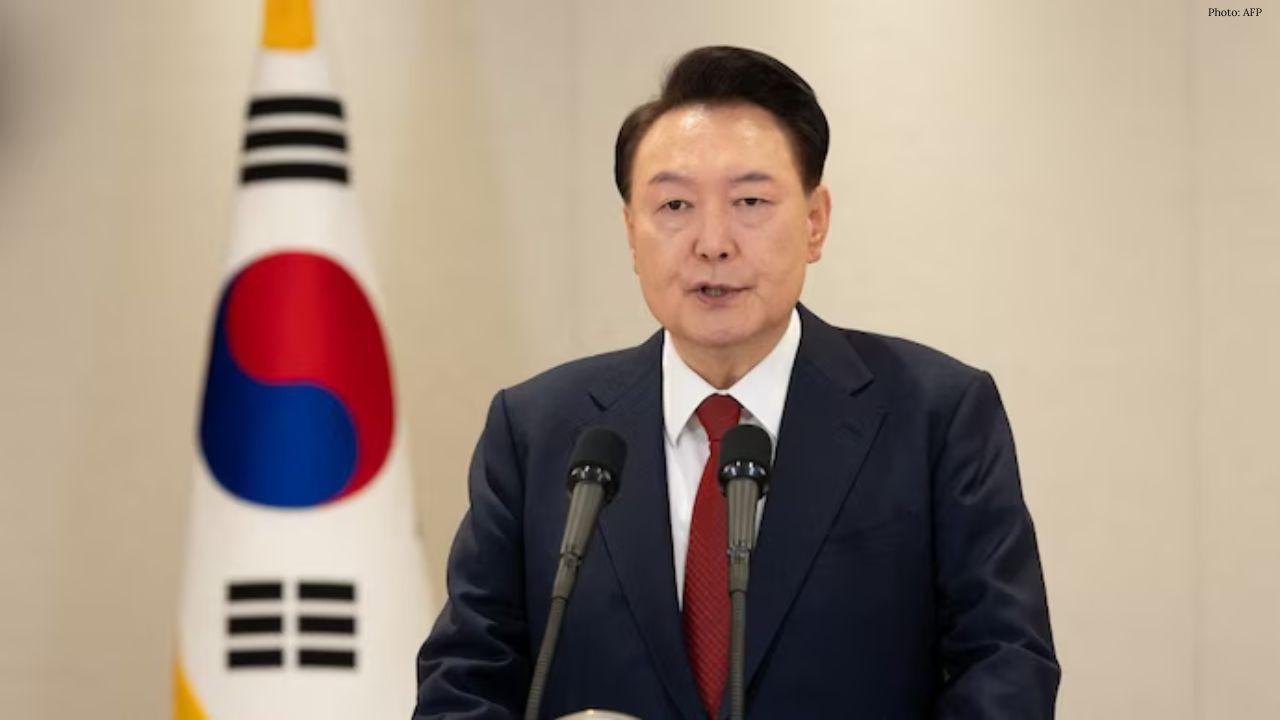
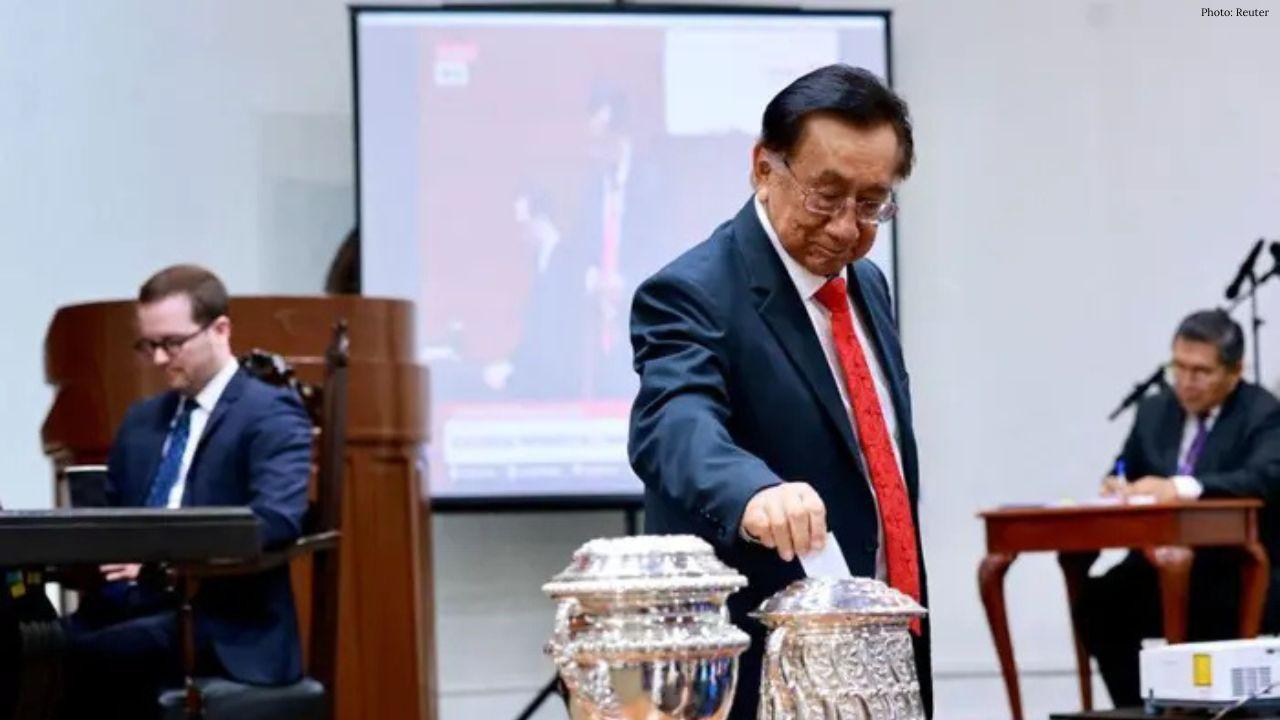
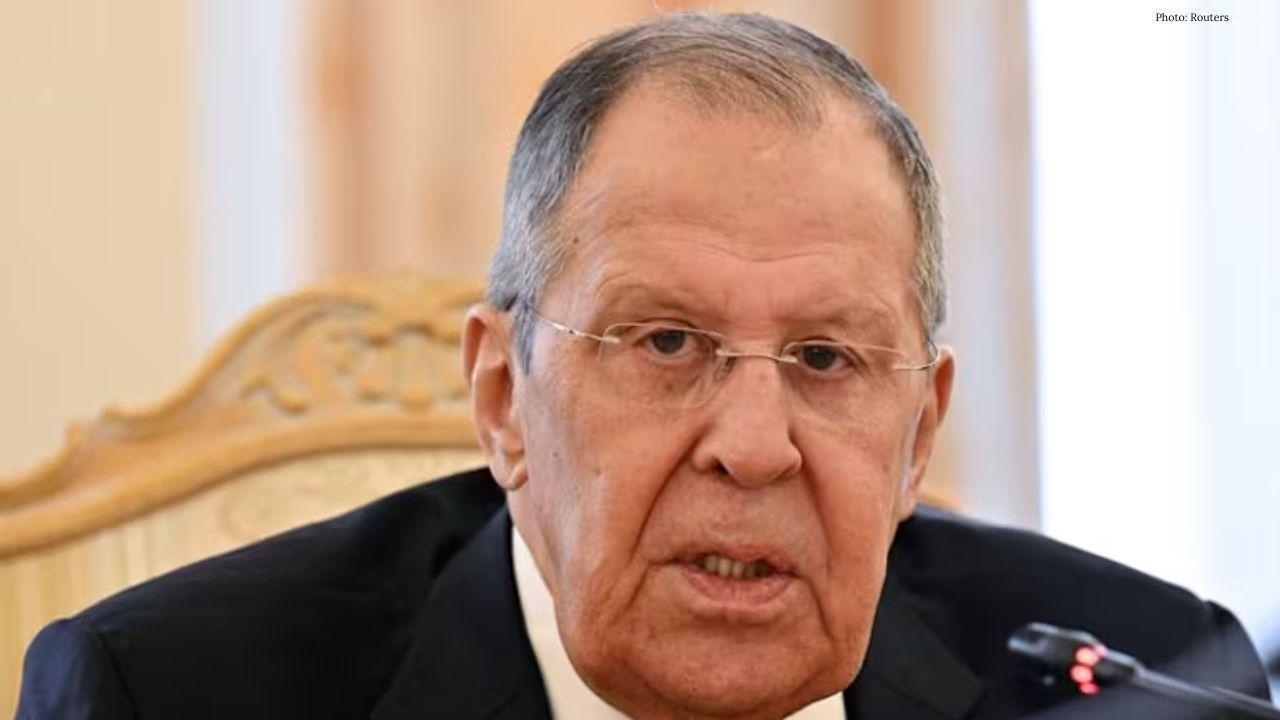

Justice Department Joins Lawsuit Over Alleged Racial Discrimination in Los Angeles Schools
Case challenges LAUSD program that categorizes students by race for funding and admissions

PM Modi Macron and Global Tech Leaders Attend India AI Impact Summit 2026
World leaders and top technology CEOs gather in New Delhi to discuss the future of artificial intell

Ghost Employee Real Salary Indian-Origin Man Cheats US Firm of $1.2 Million
Fake hiring, zero work and secret kickbacks exposed in a long-running corporate fraud case

South Korea Court Sentences Ex-President Yoon Suk Yeol to Life Imprisonment
Former leader found guilty of leading insurrection after declaring martial law in 2024
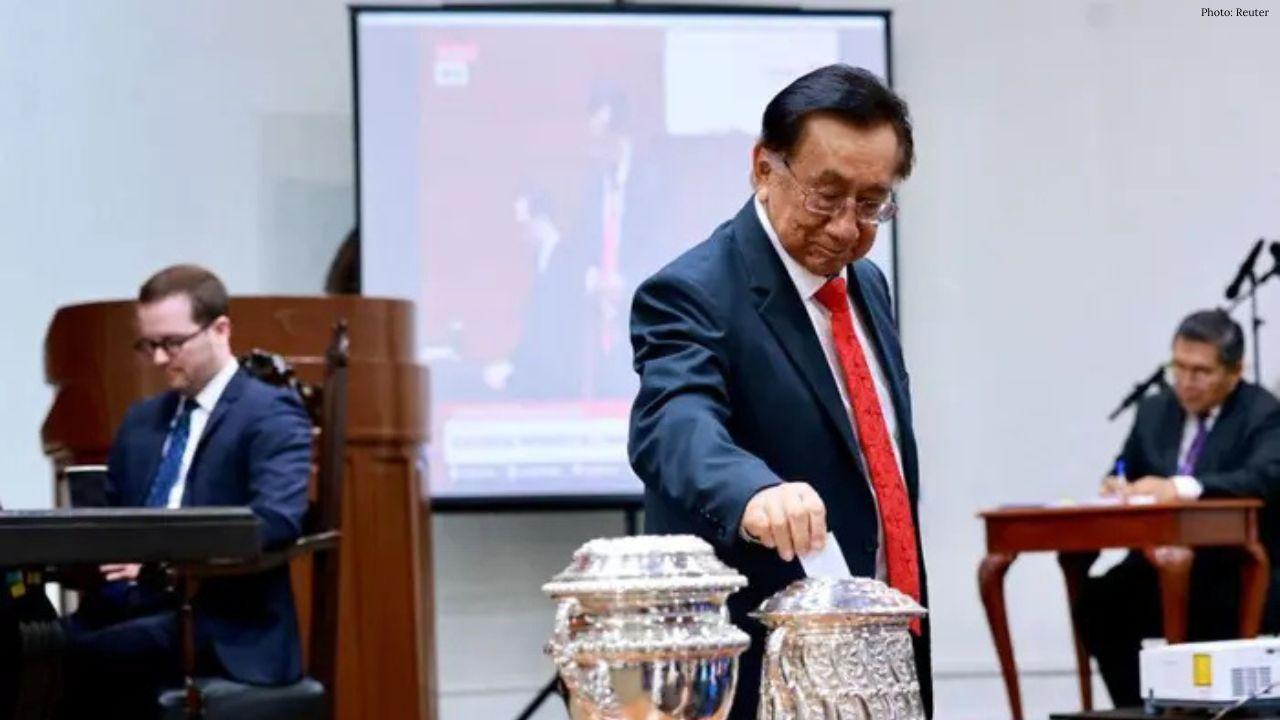
José María Balcázar Becomes Peru’s Eighth President in a Decade
Congress elects veteran lawmaker as interim leader after removal of previous president

Russia’s Lavrov Warns Against Any New US Strike on Iran
Moscow urges restraint amid rising US-Iran tensions and ongoing diplomatic talks